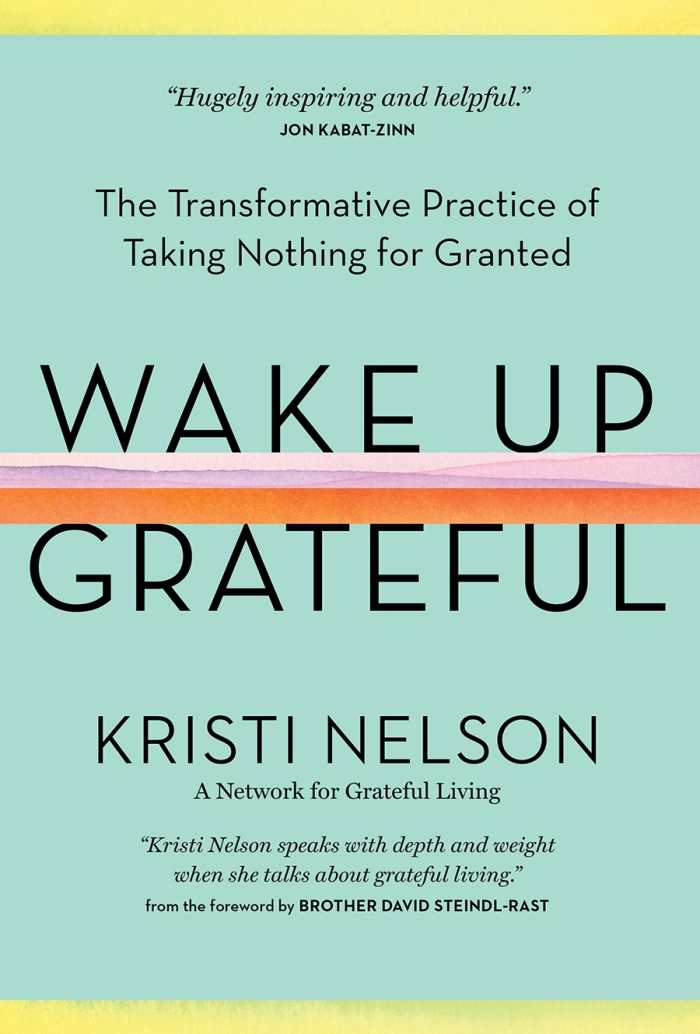Book of the Day Roundup: November 23-27, 2020
The Last American Hero
The Remarkable Life of John Glenn

Alice L. George
Chicago Review Press
Hardcover $30.00 (368pp)
978-1-64160-213-6
Buy: Local Bookstore (Bookshop)
John Glenn, a prominent representative of the Greatest Generation, gets a dimensional treatment in Alice L. George’s biography, The Last American Hero.
While many Americans think of astronaut and senator John Glenn as “a bit of a square,” George reveals him as a curious man who sought adventure at great risk to his own life. In his twenty-three-year military career, he served in two wars and set a flight speed record; as an astronaut, he pulled the US ahead in the space race, with three Earth orbits. And in his twenty-four years in the US Senate, Glenn sacrificed possible runs for higher office, embracing public service over politics. In 1998, at the age of seventy-seven, he returned to space on the Space Shuttle Discovery.
While Glenn’s achievements are well documented in the text, so is the fact that he was first a small-town boy. “A Presbyterian in a secular age,” he worshipped God, enjoyed a lifelong love with his wife, and believed in everything he did. He is uncovered as a fun-loving man who resisted the boardroom and befriended both the janitor and Bobby Kennedy with equal sincerity.
The book includes less than flattering depictions, too: Glenn’s Korean War flight risks were sometimes overzealous. His wingman, baseball great Ted Williams, called him “crazy.” Glenn’s political decisions are also challenged, positioning him as a technocrat who had difficulties with revelations of campaign finance irregularities. There’s adequate context for all, including about the air war in Korea and around US politics and culture during the space race with the Soviets.
Time’s “Colonel Wonderful” receives a new biographical treatment in The Last American Hero, which positions him as an adventurer, a statesman, and a role model.
JOE TAYLOR (October 27, 2020)
Snow Days

Deborah Kerbel
Miki Sato, illustrator
Pajama Press
Hardcover $17.95 (24pp)
978-1-77278-135-9
Buy: Local Bookstore (Bookshop)
From the first snowfall of the year to the sprouting of spring, Snow Days walks through the magic of winter in charming rhyming couplets. Meticulous paper and fabric cutouts form illustrations that seem to leap off of the page, with the fuzzy brim of a child’s hat and embroidered thread of another’s scarf conjuring up the cozy sensation of bundling up for an outdoor romp. Closing activity prompts, like using sandbox toys to make snow castles, will keep the fun going all season long.
DANIELLE BALLANTYNE (October 27, 2020)
Vegan with Bite
Because Taste Matters

Shannon Martinez
Hardie Grant
Hardcover $24.99 (192pp)
978-1-74379-624-5
Direct, brash, and ribald, Australian chef Shannon Martinez is food’s punk rock aunt, unfussy and enviably hip. Her latest cookbook, Vegan With Bite, is a discursive, personal romp that emphasizes food for “eaties,” not “foodies.”
Martinez is familiar with the failings and inaccessibility of veganism. She’s both a famous vegan chef and someone who eats meat and doesn’t see this as a contradiction. Rather, she believes we can all do better if we eschew thinking of vegan eating as an all-or-nothing diet, and her cookbook is “less about clean living and more about TASTY living, with a lower impact on the world around us.”
The cookbook approaches vegan food from a “survive and thrive” perspective that isn’t hell-bent on outlawing animal proteins, but rather on shifting the ways that people cook with and consume them. The recipes move animal products from stars of the show to optional supporting roles that are easily substituted with vegan alternatives. Martinez maintains this harm reduction ethos in ways that radically change the parameters of who and what’s included in vegan cuisine.
The only drawbacks to Martinez’s approach are the substantial pantry and multistage cooking that’s required to build layers of texture and flavor into vegan options. Because of this, Martinez makes sure every last ingredient and bit of effort is rewarded with food that’s robust and flexible, as in her meatless meatball recipe, which can go any direction from Swedish to curried to Italian.
These recipes aren’t vegan translations of nonvegan food. They stand as their own cuisine. While they might not be a natural transition for the meat-and-two-veg household, Martinez’s attitude that anything goes as long as it’s delicious shows vegan eating in a whole new light that might be enough for many “meaties” to make the leap.
LETITIA MONTGOMERY-RODGERS (October 27, 2020)
Wake Up Grateful
The Transformative Practice of Taking Nothing for Granted

Kristi Nelson
Storey Publishing
Hardcover $26.95 (240pp)
978-1-63586-244-7
Buy: Local Bookstore (Bookshop)
Kristi Nelson’s Wake Up Grateful is a practical, philosophical guide for living a life of deep thankfulness.
When Nelson was diagnosed with stage four cancer in 1992, it changed her life. Her book tracks her experiences with cancer and in the years after, also expounding upon the teachings of Benedictine monk David Steindl-Rast, which helped to transform her perspective. Those teachings are at the foundation of A Network of Grateful Living, which Steindl-Rast founded and Nelson directs.
Gratefulness and gratitude may seem synonymous, but the book highlights their differences, showcasing the power of moving from momentary gratefulness to gratitude that becomes a whole way of life. Nelson expands Steindl-Rast’s mantra—“Stop. Look. Go.”—to delve into the roles that presence, perspective, and possibility have in grateful living.
Achieving gratefulness requires an internal, philosophical change, which Nelson breaks down into practical elements so that her audience can begin the shift in the moment. These include practices like embracing challenging conversations with “three-word wonders,” such as “I can see” and “Help me understand,” while perspective prompts direct readers to behold themselves as newborns and ask “What everyday happenings do I cherish?”
Like gratefulness itself, the book comfortably holds extremes: it’s expansive yet concise, individual yet relational, and personal yet universal. It represents an abiding belief in abundance and fierce commitment to wonder, but it’s also grounded in reality, recognizing that life is uncertain and hard, and that it is lived in a flawed, fallible body. Wisdom and grace abound in the text, which is calm and cognizant of the fact that people are seeking gratefulness amid raging battles and hard circumstances.
Wake Up Grateful is an invitation to a new way of living, even in the most challenging times.
MELISSA WUSKE (October 27, 2020)
Girty

Richard Taylor
University Press of Kentucky
Hardcover $19.95 (149pp)
978-0-8131-8038-0
Buy: Local Bookstore (Bookshop)
Richard Taylor’s biographical novel Girty covers the terror and tragedy of the Indian Wars.
Simon Girty is legendary. Called “the first American frontier villain,” Girty, who was captured by Seneca Indians as a teenager, defected from the Revolutionary Army and was instrumental in the Indian resistance to the settlement of the Ohio River Valley and beyond. The novel approaches his history in a creative way, incorporating miscellany from diaries, letters, newspaper articles, and books to establish the details of his life. This research is blended with the imagined voice of Girty, shared in both prose and poetry.
Girty was illiterate; his personality and motives are obscured behind legends. Histories have portrayed Girty as both a “monster” and as a misunderstood freedom fighter. The novel avoids judgment but seeks understanding. It covers Girty’s participation in the Indian Wars and in “Indian justice.” A survivor’s description of the Shawanese torturing and burning Colonel William Crawford is a grisly example, though it is noted that this execution was in retaliation for a massacre led by Crawford’s troops. Meanwhile, the last Native American victory of the Revolutionary War, in which Girty played a key role, is ably described.
Girty’s interior monologues balance this portrayal. They include a view of the “free life” of Native Americans in contrast to the ideology of white settlers. Here, Girty experiences, in often stirring detail, the grazing lands, woodlands, and wildlife of the Ohio Valley region. His descriptions of a herd of stampeding buffalo is dramatic, and a bitter poem that bemoans the emerging Christian culture is read through his “turned Indian” eyes.
Richard Taylor’s creative, multidimensional biographical novel is appealing in its depictions of history, fed by its eyewitness observations.
JOE TAYLOR (October 27, 2020)
Barbara Hodge
